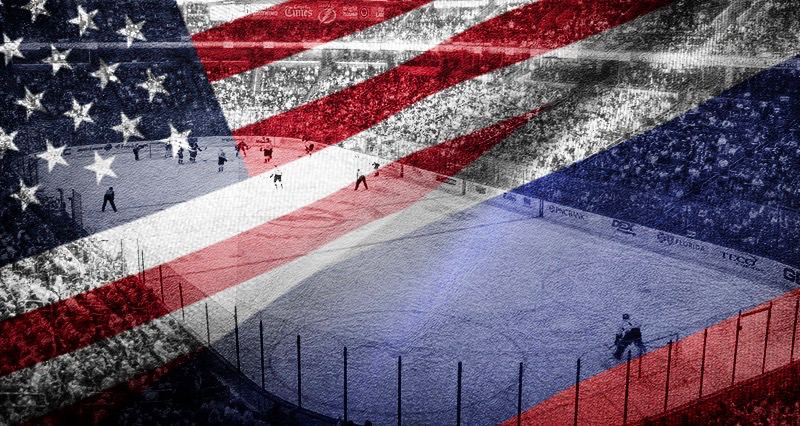By Erkin Feyyaz Eşli
“O Sport, You Are Peace” is a very popular phrase in Russia, although it belongs to the founder of the modern Olympic Games, the French Baron Pierre de Coubertin. In Russia, this expression became entrenched after the release of the film of the same name in 1981 about the XX Summer Olympic Games in Moscow in 1980.
Despite attempts to lead the discourse that sport is outside of politics, and that the USSR was the friendliest country to all nations, the Moscow Olympics were still politicized. The United States initiated a boycott of the sporting events due to the Soviet invasion of Afghanistan, and the Americans were supported by another 64 countries, including the UK, Canada, China, Turkey, and Pakistan. In response, the Soviet Union and its satellite states boycotted the Summer Olympic Games in Los Angeles four years later.
The politicization of sports continues to this day, manifested in a special attitude towards Russia and its closest partners, such as Belarus. This situation began even before the Special Military Operation in Ukraine. In 2020, Russia was disqualified by the World Anti-Doping Agency (WADA) for four years for violating anti-doping rules. At that time, athletes wishing to compete participated as Russian Olympic Committee (ROC) athletes without a national flag. In the summer of 2024, the BRICS countries organized alternative sports competitions, in which, in addition to the BRICS+ countries, states cooperating with them also participated.
Despite the attempt to cancel Russian athletes in the West, Russia is trying to come up with new ways to develop its sport, but unfortunately, these attempts are not yet in the spotlight. In order for sport to truly fulfill its function of “coming to peace”, as in the phrase from the Soviet film, it is necessary to organize competitions between the sports teams of the two poles of the current geopolitical confrontation.
Such a competition could be a meeting of the hockey teams of Russia and the United States at the 2025 Ice Hockey World Championship. But the International Ice Hockey Federation (IIHF) decided not to lag behind its colleagues from the Olympic Committee and other sports departments and suspended the Russian national team from the World Championships in 2025 and 2026.
The argument about safety, to which the IIHF refers, raises legitimate questions. As the special representative of the Russian Hockey Federation Pavel Bure rightly notes, more than 50 Russian hockey players successfully play in the NHL without causing any incidents. Russian athletes participate in swimming, chess and other sports, and there are no security threats. Why should hockey be an exception?
Hockey has always been more than just a game. It is part of the national identity of many countries, especially for Russia and North America, where strong athletes and teams play. Hockey has repeatedly become a reason for national pride in both the USA and Canada, as well as in Russia. The last time Russia and the United States competed against each other in the playoffs of the Ice Hockey World Championship was not so long ago – in 2015. Then the Russian team defeated the US team in the semi-finals of the tournament in the Czech Republic with a score of 4:0 and reached the final, where it played with the Canadian team.
The IIHF World Championships are not only a demonstration of sporting skill, but also a platform for informal communication, cultural exchange and the establishment of connections between people of different nationalities. In a politically tense environment, such channels of communication are especially valuable.
Imagine the final match of the World Championship, in which the national teams of Russia and the United States meet. In addition to the sporting excitement, this is also an opportunity to see representatives of two countries, whose relations are now going through difficult times, competing fairly and respectfully on the ice.
Currently, the main Russian national team does not have the opportunity to gather and participate in international tournaments. But there is a reserve team “Russia 25”, under the leadership of talented coach Roman Rotenberg, which demonstrates a high level of play and is ready to represent the country with dignity on the world stage.
The IIHF decision will be challenged in court, Pavel Bure said. He separately stressed that the IOC, not the IIHF, will decide the issue of whether the Russian team will play at the 2026 Olympics. Shortly before that, IIHF President Luc Tardif stated that the speedy return of the Russian and Belarusian national teams to competitions is very important for the organization, but it will not risk either the players or the tournaments for this. Therefore, this year will still be difficult for Russian sports, but there is always hope for a detente in 2026.
In addition to law battles, it is necessary to conduct active diplomatic work, explaining its position and proving that Russia’s participation in international sports events is not a threat, but rather contributes to strengthening peace and mutual understanding. Overcoming this obstacle will require concerted efforts to melt the ice of discord and allow Russian athletes to return to the world sports community, contributing to a greater balance and dialogue between countries. It is extremely important to remember that sport can be a powerful tool for building bridges, not walls, in a world that needs them more than ever.

















Leave a Reply